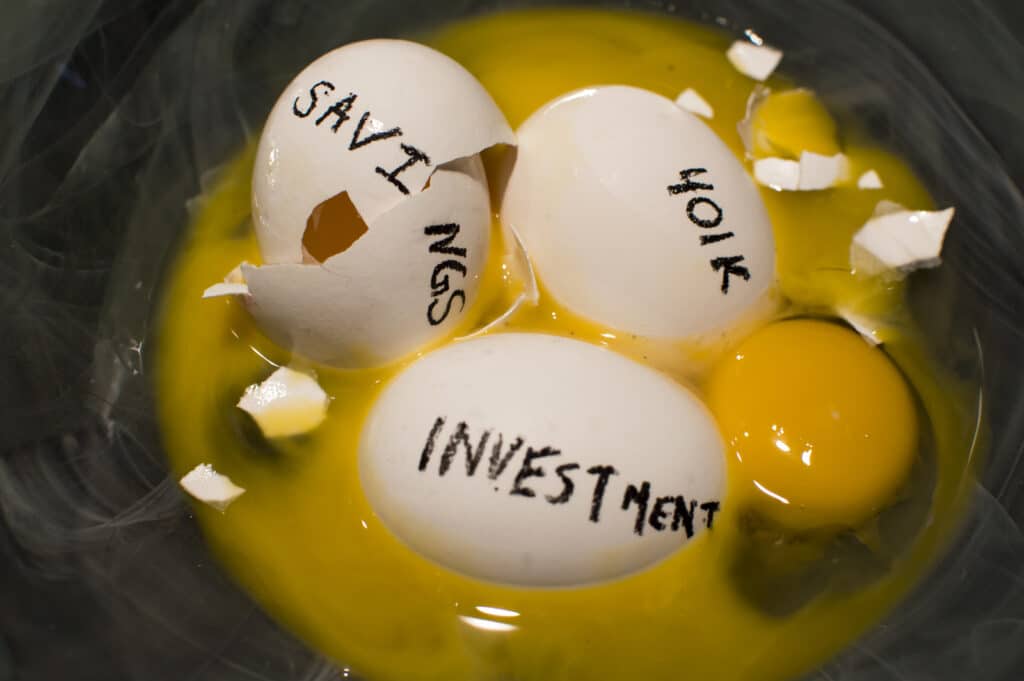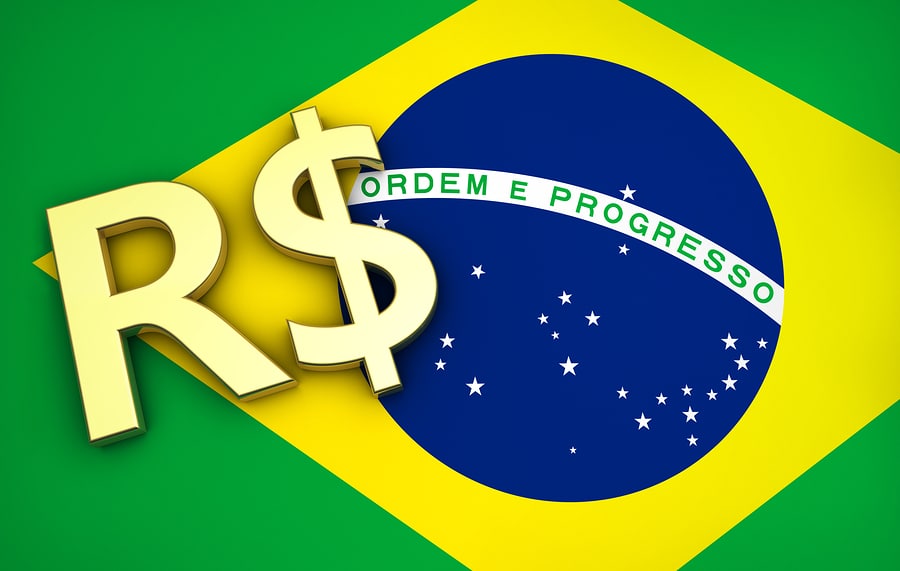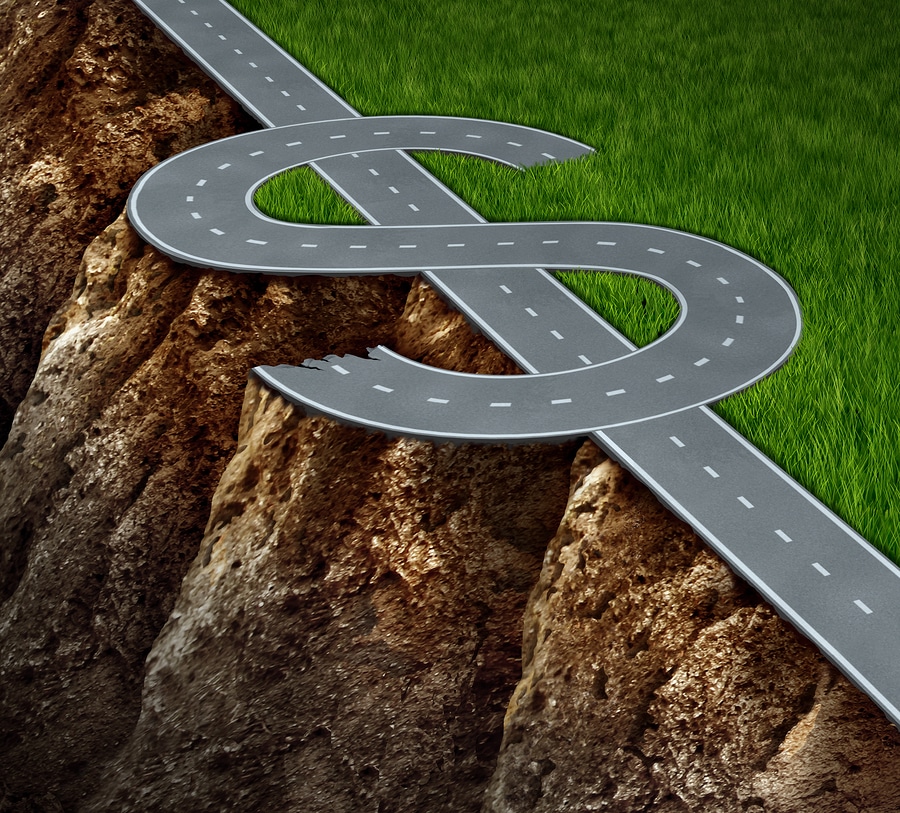The selloff caused by a levy on unrealized capital gains would devastate ordinary investors and 401(k)s.
Kamala Harris has doubled down on her support for a radical new tax on the unrealized capital gains of the ultrarich. She calls it the “billionaire minimum tax,” but it would be better to call it the “capital markets death tax.” It would crush the U.S. stock market, grind initial-public offerings to a halt, and hit you in the 401(k).Federal capital-gains taxes have historically applied only when an asset is sold and income from the sale is realized. In recent years the left has been looking for a way to increase levies on the wealthiest Americans by taxing the appreciation of their assets, even if their assets aren’t sold and income isn’t realized. Sen. Ron Wyden (D., Ore.) proposed such a tax in 2021. President Biden offered his support in his 2024 State of the Union address and 2025 budget, which Ms. Harris has now endorsed.
The Biden-Harris wealth tax would apply a minimum annual 25% tax on the income and unrealized capital gains of Americans worth more than $100 million. Mr. Biden’s 2025 budget estimates without justification that this tax would generate $500 billion in new tax revenue over the next 10 years. He proposes using that windfall to expand social programs for U.S. households in need.
Yet the Biden-Harris wealth tax would send public markets into a tailspin and hurt all investors, not only the wealthiest. Billionaires alone own more than $5 trillion in stock, or 7% of the entire stock market. Public stock represents 66% of their wealth, so they would need to sell hundreds of billions of dollars worth of stock to fund their wealth-tax payments. These sales would drive down stock prices and, therefore, returns for all investors. The largest, most innovative and fastest-growing U.S. tech companies would be hit the hardest. Unrealized capital gains are concentrated in these companies.
This wouldn’t be a one-time problem. Stock sales would need to continue each year to pay the annual wealth tax. This would be a long-term drag on the returns of all investors, while also reducing the skin in the game of the innovative founders who built these companies. The wealthiest Americans would be entitled to tax refunds in future years if the value of their remaining stock holdings goes down, but that wouldn’t diminish the effect of the tax on capital markets.
U.S. taxpayers with assets of more than $100 million hold approximately $4 trillion in unrealized capital gains in the shares of private companies. Selling these investments to cover a tax bill is even more difficult than selling stock in public companies. Private companies generally don’t have active trading markets, so finding a buyer can be difficult and the cost of selling high. These sales can also disrupt the growth of private companies, which are often managed by their owners.
The Biden-Harris tax therefore includes an exemption from the proposed wealth tax for ultrarich investors who have 80% of their wealth in nontradable illiquid assets, such as investments in private companies. This would create a major incentive for the wealthiest Americans either to delist the public companies that they control or to keep their private companies from going public in the first place. If the ultrarich respond this way, it would reduce projected tax revenue and hurt all investors by shrinking the size of public markets.
Public markets are already small and getting smaller. In 1996 there were more than 8,000 public companies in the U.S. Today there are fewer than 5,000. Private markets are increasingly able to support the capital needs of large companies. There are now more than 700 private companies worth more than $1 billion and more than 40 private companies worth more than $10 billion. The most innovative and fastest-growing U.S. companies are private. Some are worth more than $100 billion, including OpenAI and SpaceX. Will Sam Altman and Elon Musk take these companies public if doing so comes with a multibillion-dollar tax bill?
Billionaire founders also have voting control over many large public companies through dual-class share structures and can therefore potentially force a delisting of their public companies to save billions in taxes. Perhaps the trillion-dollar megacap technology stocks are too large to take private, but investors in these companies will suffer too as their billionaire founders shift their attention to private companies where they can better reap the returns of their innovations.

The shrinkage of public markets is a big deal for anyone with a 401(k), as 90% of U.S. investors don’t meet the minimum wealth and income requirements to invest in private markets. If Ms. Harris has her way, it could do irreparable harm to Americans’ ability to pay for their retirements. The left’s desire to punish the ultrarich for their success will end up hurting the rest of us.
See full story HERE.


